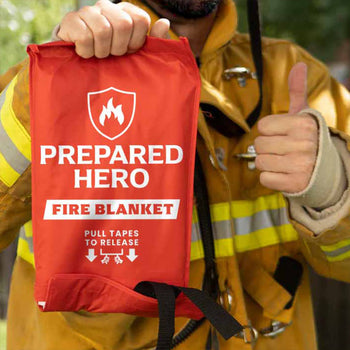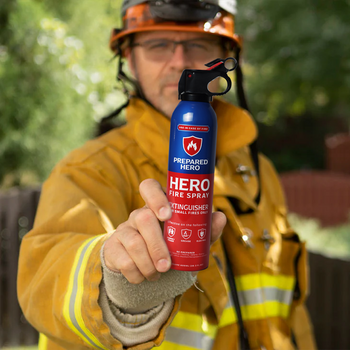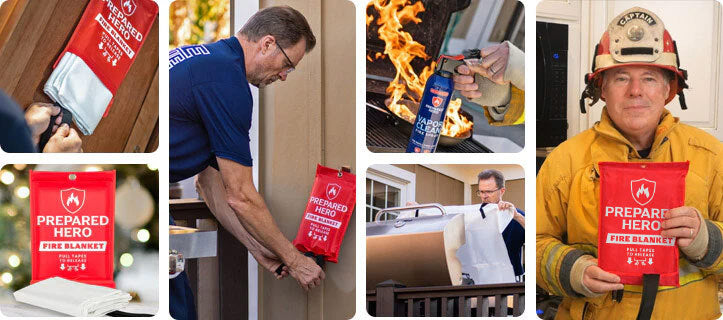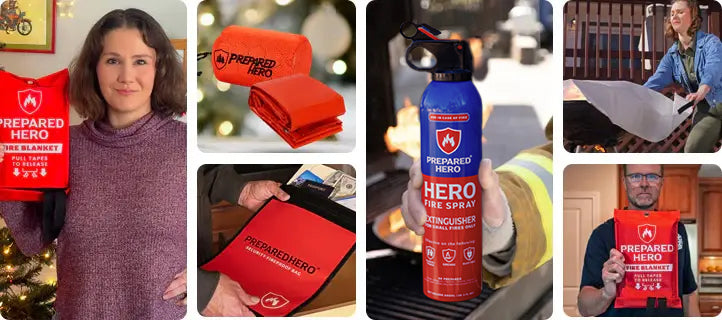Where you put your smoke detectors matters just as much as installing them. Proper placement makes sure they can detect...
Your home is your safe space, the place where you and your family come home to every day. That’s why you’ll want to keep it safe with fire safety tips.
Fires can completely destroy your home. Even if you catch it in time and extinguish it, smoke damage will need to be repaired. It’s a traumatic situation that happens every single day across the country where many people aren’t so lucky, losing their entire homes, or their lives.
House fires pose real dangers, but you can reduce your risks to protect your family and yourself. These 5 tips will help you keep everyone in your home safe.
1. Always Pay Attention When Cooking

Most kitchen fires are caused by someone walking away from the kitchen while actively cooking. It only takes seconds for a fire to catch on and envelop your space. Don’t ever leave even boiling water unattended, and teach children to follow these cooking safety rules. If you must leave the kitchen while cooking, turn off the stove and move your food to a cool burner instead or have someone else take over the cooking.
And while we’re on the subject of the kitchen, you should keep the stove and oven clean. Buildup can also smolder into a fire so clean up after you prepare each meal. Additionally, keep kitchen towels, cookbooks, and curtains away from the stove.
2. Keep an Eye on Your Dryer
Following right behind kitchen fires as the source for house fires, you have the laundry room. Specifically, your dryer vents can clog up if you don’t look after things. You should have an annual vent cleaning and inspection. And every time you use your dryer, clean the lint trap to keep things safe.
3. Watch Out with Cords

It is never safe to plug too many items into an outlet at once. Usually, this will trip a breaker if there’s an overload, but that may not happen. Check your cords regularly to avoid using anything that is frayed. If you have pets, you’ll want to do this diligently as exposed wires can create a spark and burn your whole house down.
4. Use Candles Wisely

Everyone loves those scented candles for creating a lovely fragrance in the home. They also set the mood too and can be very useful during power outages. However, you should always put them out before leaving a room and before going to sleep. When using candles, make sure they are out of the reach of small children and pets, and away from anything that could catch fire with ease like blankets or curtains. They should be on a solid surface too so they don’t tip over.
If you enjoy the look of candles, you may want to consider LED flameless candles instead. These give you the look of candles without the danger of fire.
5. Make Sure You Have a Prevention Plan
In your home, you should have smoke detectors positioned in each room. While they’re easy to forget about, set a date in your calendar to check them at regular intervals. Make sure the batteries are fresh so that in the event of a fire, it will alert you in enough time.You should also have fire extinguishers in your home. It helps to put them somewhere accessible on each floor of your home as well as in high-risk areas like that kitchen or laundry room. Checking them to make sure they aren’t expired is also important.
Above all, having a plan with your family on what to do in the event a fire breaks out is one of the most important things of all. All these prevention tips are great, but sometimes even with your best prevention, a fire can erupt, leaving you and your family precious little time to escape.
Sit down together and create a plan for getting out of the house in the event of a fire. Know your exits and how to get out should one of them be blocked. Hopefully, you will never have to use it, but knowing that you can get your family to safety if your home is on fire will give you more peace of mind.
At the end of the day, you can’t worry all the time about things that may never happen. But if you’re prepared for those scenarios if they do come up, you’ll have a more positive outcome than if you didn’t think ahead at all.


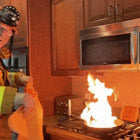 Fire
Fire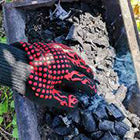 Safety
Safety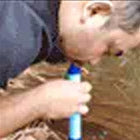 Survival
Survival Protection
Protection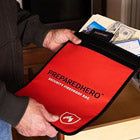 New
New
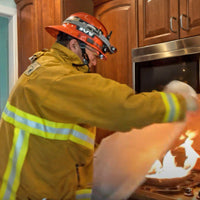 Fire
Fire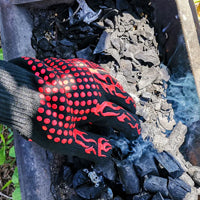 Safety
Safety Survival
Survival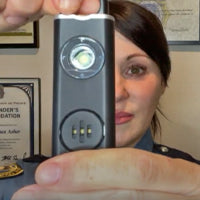 Protection
Protection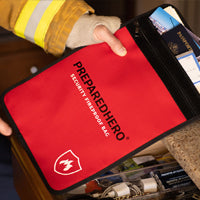 New
New
